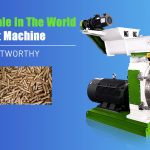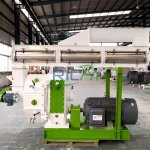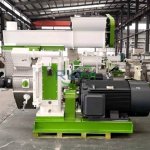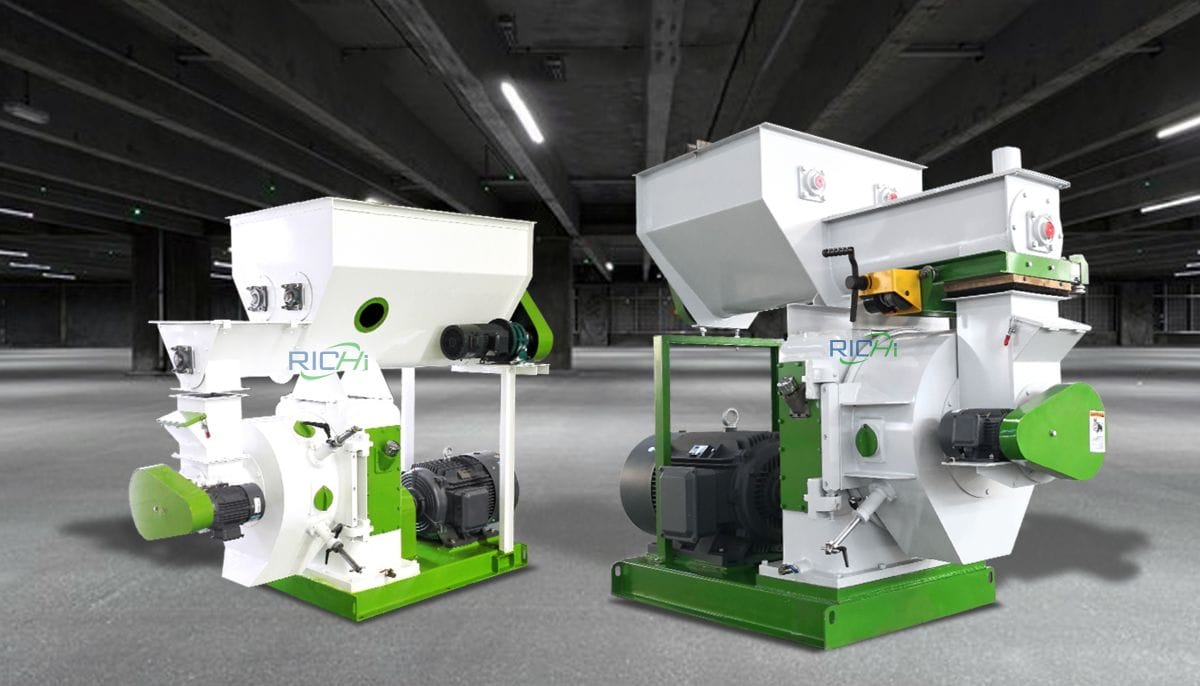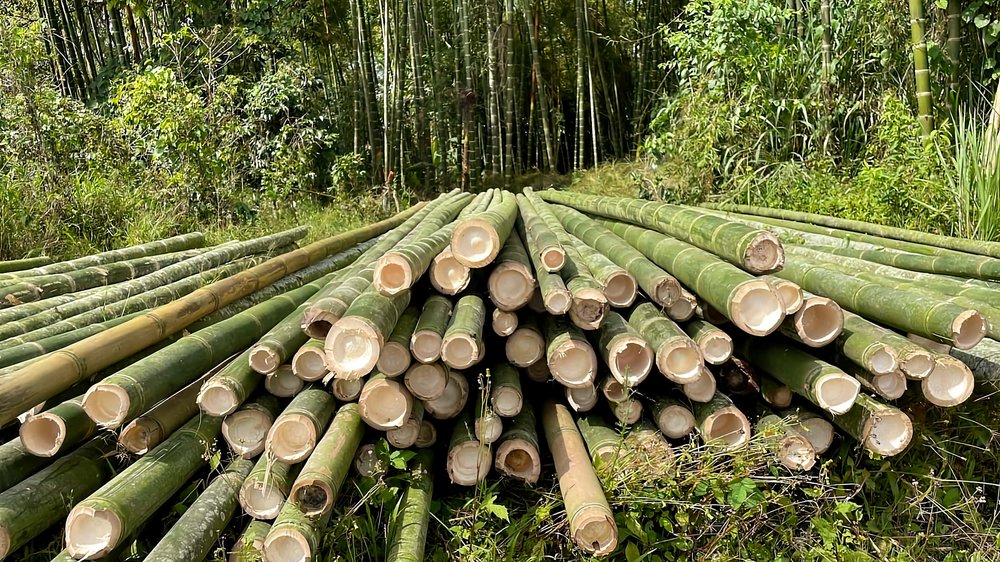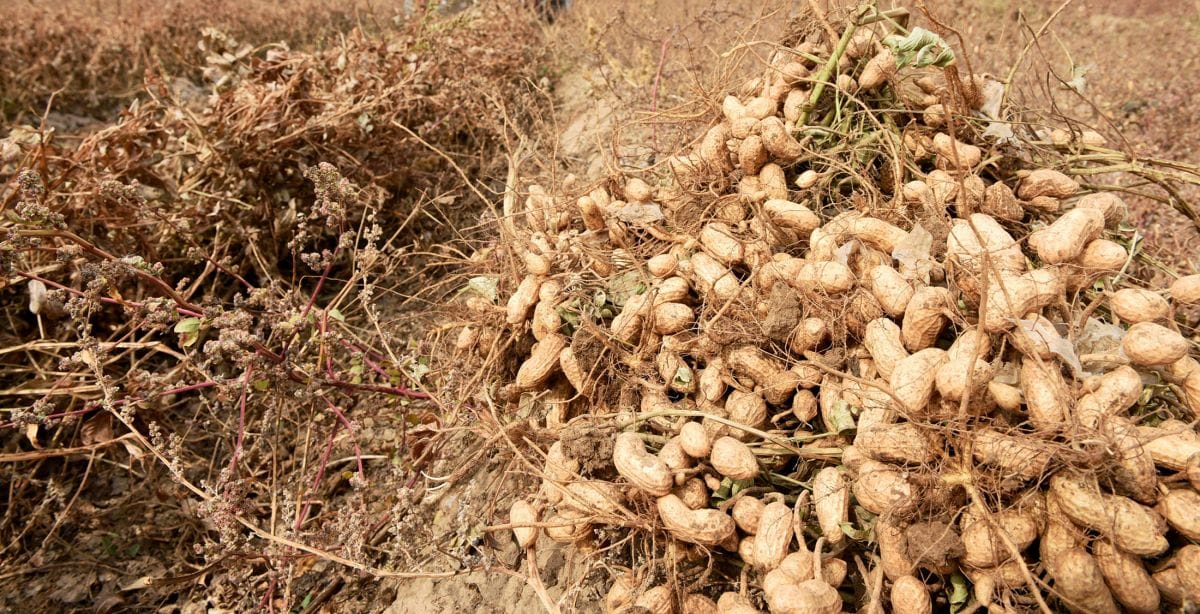Wood pellet mills are at the forefront of a sustainable energy revolution, meeting the soaring demand for wood pellets as an eco-friendly alternative to traditional fuels. Let’s delve into the intricate world of these mills and see how they’re driving the biomass energy boom.
Wood pellets have emerged as a game-changer in the quest for renewable energy sources. They’re compact, dense, and pack a powerful punch when it comes to heating homes, powering industries, and even supplementing coal-fired power plants. Compared to regular firewood, wood pellets bring a slew of benefits: they’re energy-dense, consistently high-quality, emit fewer pollutants, and, best of all, they’re sourced from renewable biomass materials like sawmill residues and agricultural waste.
With the global demand for sustainable energy solutions on the rise, the wood pellet industry is experiencing an unprecedented surge. This surge is fueling the need for efficient and reliable wood pellet mills, the backbone of pellet production.
So, how do these mills work their magic? It’s a multi-step process that starts with preparing the raw materials. Biomass materials like sawdust and wood shavings are dried to the perfect moisture level to ensure smooth pellet production.
Next comes the grinding and sizing stage, where the dried biomass is finely ground to a consistent particle size. This step is crucial for ensuring uniform pellets and efficient pelleting.
Once the biomass is prepped, it’s time for conditioning. Steam or water is added to increase the material’s temperature and moisture content, making it easier to form into pellets.
Now, it’s showtime – pelleting. The conditioned biomass is fed into the pellet mill, where it’s compressed and extruded through small die holes to form those familiar cylindrical pellets. After a quick cooldown and drying session, the pellets are screened and packaged, ready to hit the market.
But what separates a top-notch wood pellet mill from the rest? It all boils down to quality and efficiency.
First off, the raw materials. High-quality biomass feedstock is essential for producing top-notch pellets, so consistency is key.
Then there’s particle size distribution. Ensuring a uniform grind is crucial for efficient pelleting and sturdy pellets.
Conditioning parameters play a vital role too. Getting the temperature, moisture content, and conditioning time just right is essential for producing pellets that hold together and burn cleanly.
Die specifications also come into play – the size, shape, and compression ratio of the die holes can make or break pellet quality and energy efficiency.
And let’s not forget about maintenance and optimization. Keeping the mill in top shape through regular upkeep and fine-tuning ensures peak performance and longevity.
Looking ahead, the wood pellet mill industry is poised for even greater advancements. With innovations in process control, energy optimization, and alternative biomass sources on the horizon, the future looks bright for biomass energy production. (Related post: https://www.pellet-richi.com/wood-pellet-machine/wood-pellet-production-line.html)
By integrating cutting-edge technologies like the Internet of Things and machine learning, wood pellet mills are poised to become even more efficient and sustainable. And with a growing focus on alternative biomass sources like agricultural residues and municipal waste, the industry is primed for continued growth and diversification.
As the world’s appetite for renewable energy continues to grow, wood pellet mills will play an increasingly vital role in meeting that demand. With ongoing research and innovation, these mills will continue to evolve, providing clean, efficient, and reliable energy solutions for generations to come.
